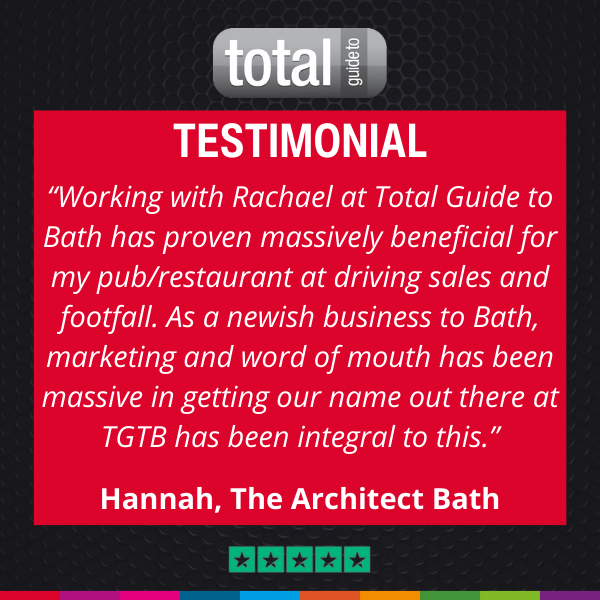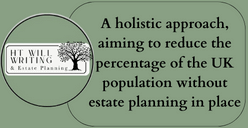In case you missed it see what’s in this section
Let's Talk
How to Survive Competency Based Interviewing
Did you know, many companies use competency based interviewing techniques as part of their recruitment processes now? It's best to get clued up on them now to prepare you for any future competency based interviews you may have in the future!
You can prepare for this style of interview by thinking about the types of questions you may be asked and how you will answer them. This will undoubtedly be beneficial to your performance on the day.
Competency Based Interviewing requires you to draw on your past experiences, describing specific work examples that demonstrate your competence in particular areas.
The theory behind it is that past work behaviour is a good predictor of future job performance . The key to remember is that when you are asked a competency based question, the interviewer wants you to actually talk about how you have handled a similar real situation in the past.
Interviewers will probe your answers to gain further understanding of how you behaved, so it is important to use real life situations that you can talk about in detail.
There are various different theories available on how to answer competency based questions. If you do some research you will find numerous different techniques, but here is a popular one which is used widely - The STAR technique:
Situation — briefly describe the background to the situation
Task — specifically describe your responsibility
Action — describe what you did
Result — describe the outcome of your actions
Survival Tips
- It is easy to ‘waffle’ when answering competency questions – be direct, straight to the point and clear in your answers.
- It could be helpful to pause during your answer to ask the interviewer whether you are covering what they are looking for.
- If the interviewer picks up on a point that you have mentioned and asks for further detail, make sure you expand further – we have had negative feedback on candidates in the past where they have been unable to go into any more detail when probed by the interviewer.
- Listen carefully to the question being asked – make sure you are actually answering the question you have been asked and not one that is easier for you to talk about!
- Make sure you say ‘I’ not ‘we’ – team work is important, but they are interviewing you, and you need to demonstrate clearly your behaviours and specific experience.
Weather in Bath
Listings

















